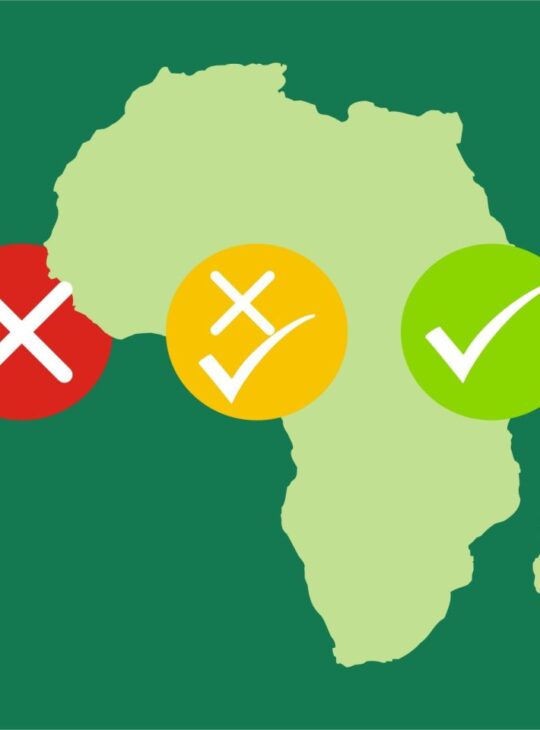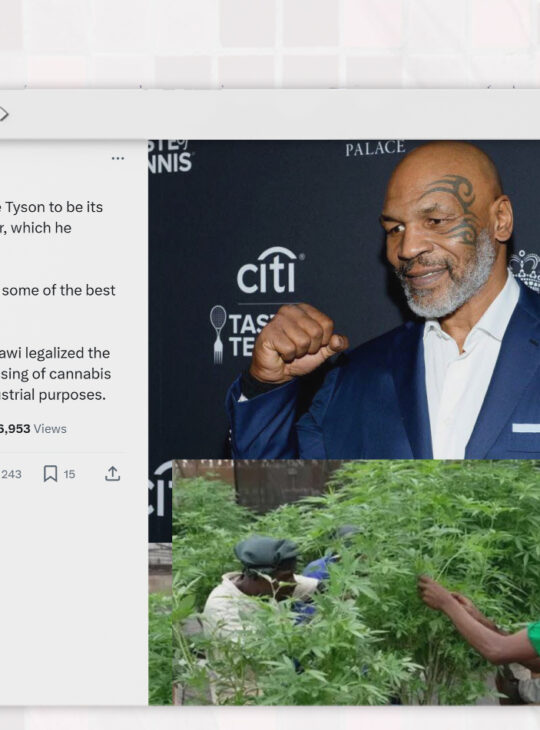
In June 2023, a Nigerian paediatric doctor posted on Twitter that a child died in his hospital and the doctors had to stand by and watch because the parents are Jehovah witness and forbade blood transfusion on their ward.
This tweet generated conversations around consent and human rights which has prompted a deep dive into the contentious issues surrounding giving care to minor or mature minors in Nigeria without parent’s consent.
What does the law say?
The law stipulates that medical professionals must obtain valid consent before treating or touching a patient. Failure to do so can infringe upon the patient’s rights to bodily integrity and wellbeing. In the case of Dr. Rom. Okekearu v. Danjuma Tanko (2002), the Supreme Court criticized the defendant for not obtaining consent from a 14-year-old boy whose finger required amputation. The court held that if a minor is deemed mature enough to understand the consequences of their actions, they should be treated as mature minors with the right to self-determination, like adults. However, there is no consensus on the appropriate age for children to be considered competent for medical decision-making.
In Nigeria, the Code of Medical Ethics presumes that minors who are 16 years old or above have the capacity to consent to treatment. This presumption can be challenged if evidence shows that the child lacks the ability to comprehend, retain, and evaluate information to make an informed choice. For children found to be incompetent or below the age of consent, parent’s right to give consent on their behalf is recognised. Only one parent needs to be approached, however, it is deemed good practice to involve everyone close to the child if possible.
What happens when parents refuse to give consent?
Parents have been found refusing to give consent to medical personnel due to their religious belief, for instance, Jehovah Witnesses refusing to grant consent for blood transfusion.
The case of Tega, born in 1997 in Lagos, Nigeria, highlights the conflict between religious beliefs and the medical necessity of blood transfusions. Tega fell severely ill shortly after birth and was diagnosed with a dangerous infection resulting in critically low blood levels. Despite being placed on antibiotics and oxygen therapy, Tega’s condition deteriorated, and medical professionals determined that a blood transfusion was necessary to save his life. However, Tega’s mother, a Jehovah’s Witness, refused to consent to the procedure due to her religious beliefs.
Concerned for the child’s well-being, the hospital reported the situation to the Nigerian police, who obtained a court order from a Chief Magistrate’s court granting permission to the hospital to take all necessary measures to save Tega’s life. With this order, the hospital proceeded with the blood transfusion, leading to a significant improvement in Tega’s condition, and he was eventually discharged. The court condemned the mother’s refusal to allow the transfusion, describing it as an “illegal and despicable act.”
Years later, the child attempted to reverse the magistrate’s court order, alleging fraud. The claim was rejected, and the child’s mother appealed to the Court of Appeal, seeking a review of the order and damages for the unauthorized blood transfusion. However, the Court of Appeal dismissed the appeal, affirming the magistrate’s court order to protect the child’s right to life. The court emphasized that the child’s inability to provide consent due to his age overrode the mother’s religious beliefs and condemned her willingness to sacrifice her son’s life.
The Court of Appeal drew on a Supreme Court decision, Nigerian Supreme Court in Medical and Dental Practitioners Disciplinary Tribunal v Okonkwo (Okonkwo’s case) 7 NWLR (Pt. 711) 206.), stating that freedom of thought, conscience, or religion does not justify preventing individuals from making decisions based on their beliefs unless they jeopardize others’ rights or public welfare. The court concluded that the child’s right to life superseded the mother’s religious rights and that the decision to authorize the transfusion was justified in the interest of the child’s health. Ultimately, the court asserted that individuals should be allowed to choose their course of life unless there is a clear and compelling state interest or overriding public concern, which the courts have the authority to determine in cases involving minors or public health.
In 2019, when the Supreme Court ruled on the case which was labelled, Tega Esabunor & Anor V. Dr. Tunde Faweya & Ors, it was ruled that “an adult who is conscious and in full control of his mental capacity, and of sound mind, has the right to either accept or refuse blood (medical treatment). The hospital has no choice but to accept their patients’ wishes. When it involves a child, different considerations apply, and this is so because a child is incapable of making decisions for himself and the law is duty bound to protect such a person from abuse of his rights as he may grow up and disregard those religious beliefs. It makes no difference if the decision to deny him blood transfusions is made by his parents.”
The court further held that “when a competent parent or one in loco parentis refuses blood transfusion or medical treatment for her child on religious grounds, the Court should step in, consider the baby’s welfare, i.e., saving the life and the best interest of the child before a decision is taken. These considerations outweigh religious beliefs of the Jehovah’s Witnesses Organization. The decision should be to allow the administration of blood transfusion especially in life threatening situations.”
In January 2020, the Lagos state government, rescued a 14-day-old baby girl after her parents refused to allow her have blood transfusion. The state government through the Office of the Public Defender, applied for a court order under the Child Rights Law which gave the hospital the rights to treat and nurse the baby back to life.
CONCLUSION
The court has set a precedence here that when urgent clinical need for blood transfusion is required in a child born to parents who are Jehovah’s Witnesses, that child’s right to life must be preserved at all costs. Every other consideration is secondary.
Also, the law has set a judicial precedent and procedures to follow that when children below 18 are incapable of making informed decisions, the doctor or the hospital should obtain a court order from a Chief Magistrate’s court granting permission to the hospital or doctor to take all necessary measures to save the child’s life.


